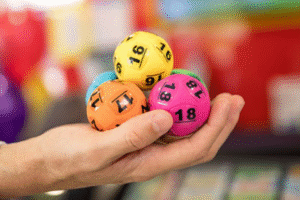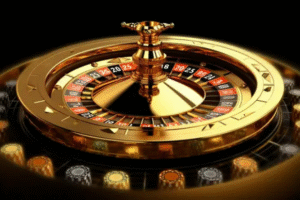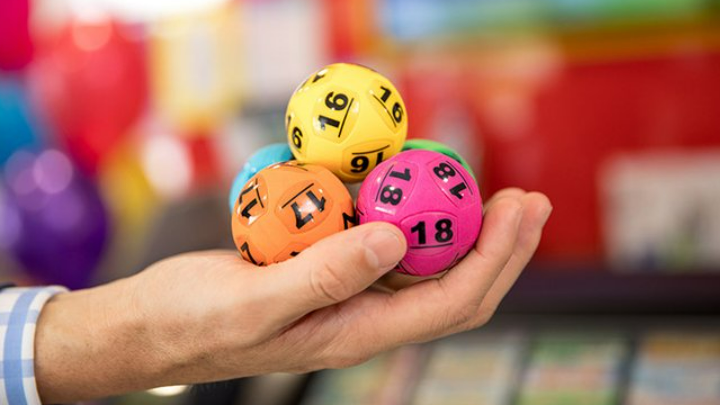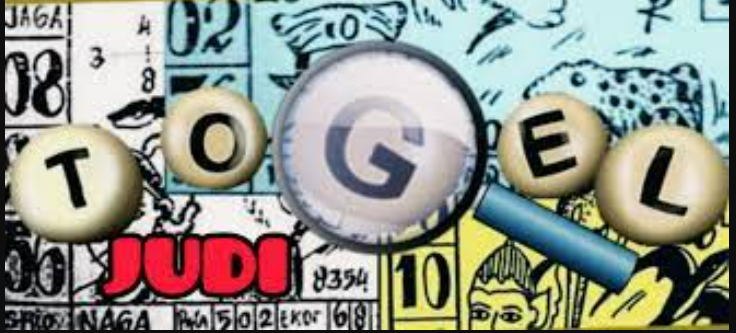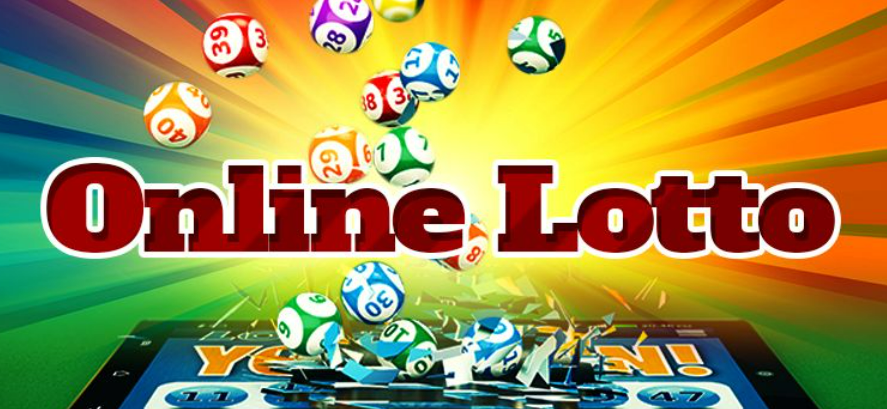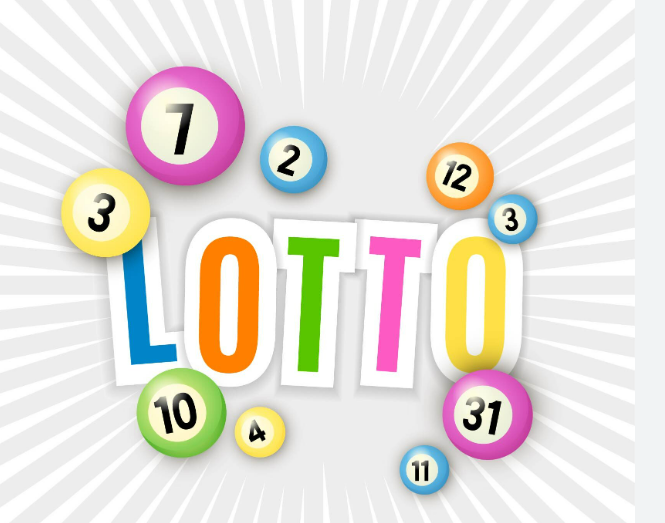Winning the lotto is a life-altering occasion that provides people with the monetary means to fulfill dreams and goals. In the middle of the individual delight and satisfaction that go along with a lotto win, many champions decide to prolong their impact past individual quests by participating in philanthropy. In this expedition, we explore the motivating tales of lotto champions that have accepted philanthropy, using their newly found riches to earn a favorable distinction in their neighborhoods and past.
1. Cynthia Stafford’s Dedication to Education and learning: Cynthia Stafford, a California lotto champion, dedicated a part of her $112 million Huge Millions jackpot to support academic efforts. Acknowledging the transformative power of education and learning, Stafford established the “Sheela Structure” to provide scholarships and academic sources to deserving trainees. Her philanthropic initiatives display the enduring impact of purchasing future generations.
2. Sheelah Ryan’s Enduring Tradition: Sheelah Ryan, a Florida local that won a $52 million jackpot in 1988, dedicated a considerable part of her payouts to charitable causes. Her dedication to philanthropy extended past her life time through the Sheelah Ryan Structure, which proceeds to money companies concentrated on education and learning, health and wellness, and community development.
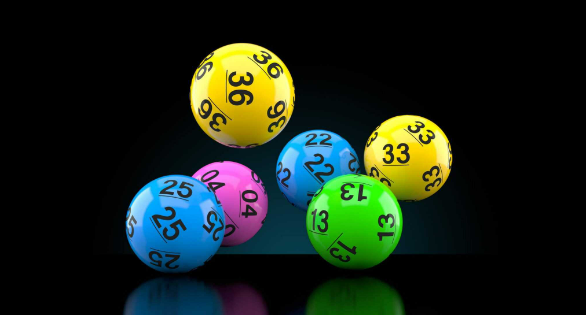
3. Mavis Wanczyk’s Generosity: Mavis Wanczyk, the champion of the biggest single-ticket Powerball jackpot in background ($758.7 million), common her payouts kindly. Amongst her noteworthy payments was a $100,000 contribution to the Grace Clinical Facility in Springfield, Massachusetts. Wanczyk’s dedication to sustaining health care efforts shows the favorable impact lotto champions can carry community wellness.
4. Neal Wanless’s Agricultural Philanthropy: Neal Wanless, a breeder from Southern Dakota that won a $232 million Powerball jackpot, decided to spend in his community’s agricultural future. Wanless used a part of his payouts to support local agricultural jobs, money scholarships for aspiring farmers, and add to efforts targeted at sustaining country neighborhoods.
5.Brad Duke’s Alternative Approach: Brad Fight it out, a physical fitness lover and champion of a $220 million Powerball jackpot, adopted an alternative approach to philanthropy. Fight it out purchased charitable causes that lined up with his worths, consisting of health and wellness and health programs, ecological preservation, and community development. His varied philanthropic initiatives display the impact of a well-rounded approach to returning.
6. Andrew “Jack” Whittaker’s Charitable Structure: Despite facing challenges after winning a $315 million Powerball jackpot, Andrew “Jack” Whittaker established the Jack Whittaker Structure. The structure concentrated on sustaining community programs, charities, and academic efforts. Whittaker’s dedication to philanthropy highlights the potential for favorable change that lotto champions can give their neighborhoods.
7. Evelyn Adams’s Support for Local Causes: Evelyn Adams, a New Jacket local that won the lotto two times in the 1980s, decided to support local causes with her payouts. Her philanthropic ventures consisted of adding to community jobs, helping local charities, and production contributions to companies that dealt with the needs of the much less lucky.
8. West Harlem Tenants’ Cumulative Giving: A team of tenants from West Harlem that jointly won a $58 million lotto jackpot decided to share their payouts amongst themselves. While not developing a conventional structure, their tale highlights the impact of cumulative giving within a neighborhood, fostering monetary alleviation and support amongst next-door neighbors.
9. Lotto Champions Sustaining Health care: Some lotto champions decide to direct their philanthropy towards health care efforts. From financing clinical research to sustaining medical facilities and centers, these champions acknowledge the importance of purchasing health and wellness and wellness as a way of returning to the community.
10. Confidential Benefactors: Some lotto champions, choosing to remain confidential, silently add to charitable causes without looking for public acknowledgment. Their philanthropic initiatives may involve sustaining local charities, universities, or community jobs, showcasing the individual and private nature of their giving.
Final thought:
Lotto champions that decide to participate in philanthropy show the transformative potential of riches when used to boost neighborhoods and address social needs. Their varied payments, varying from education and learning and health care to farming and community development, highlight the favorable impact that targeted and thoughtful giving can carry the wellness of people and neighborhoods at large. In the world of lotto winners’ philanthropy, these tales function as motivating instances of the enduring tradition that can be produced through generosity and a dedication to earning a distinction.



